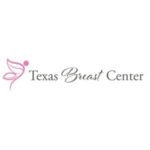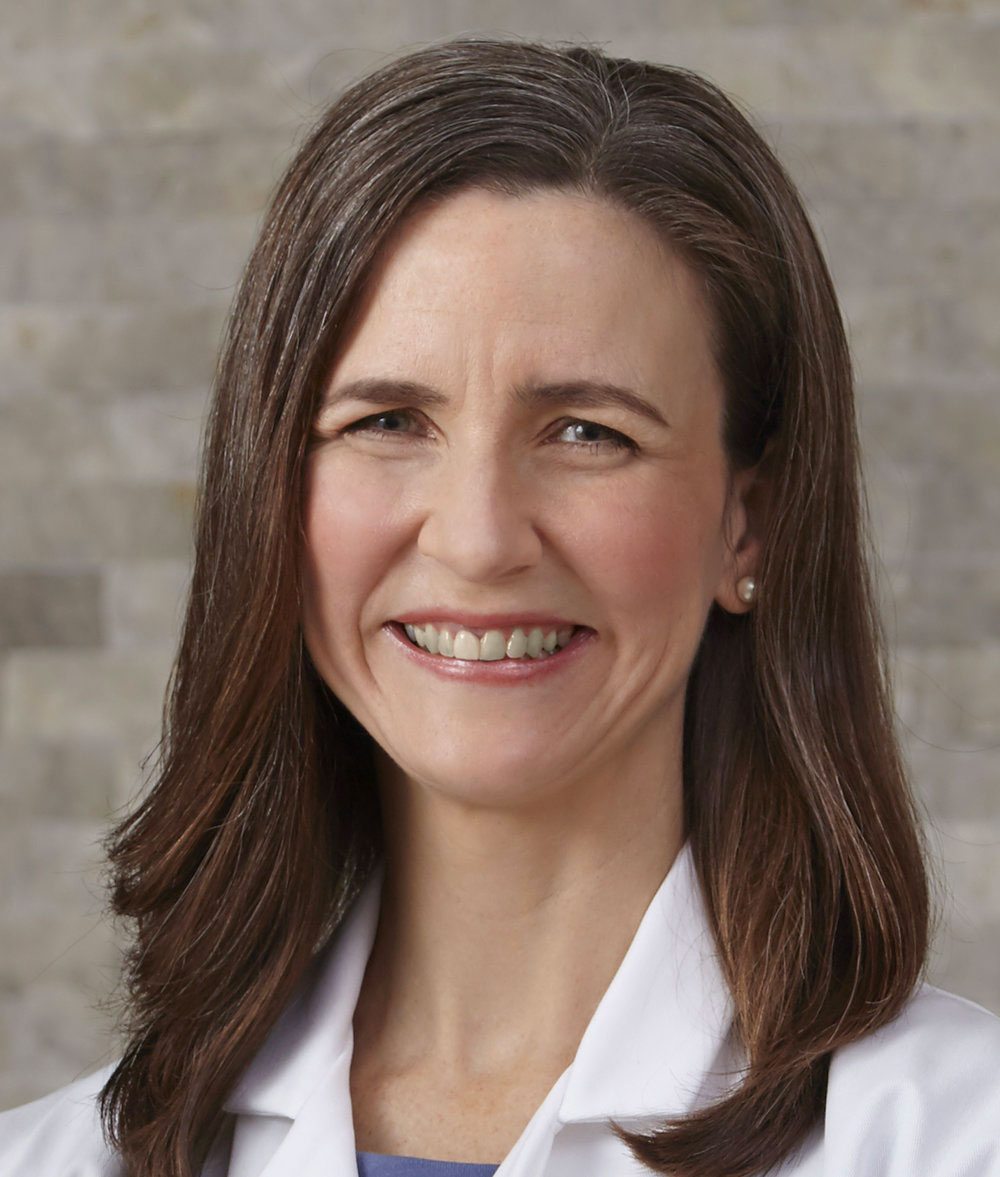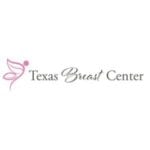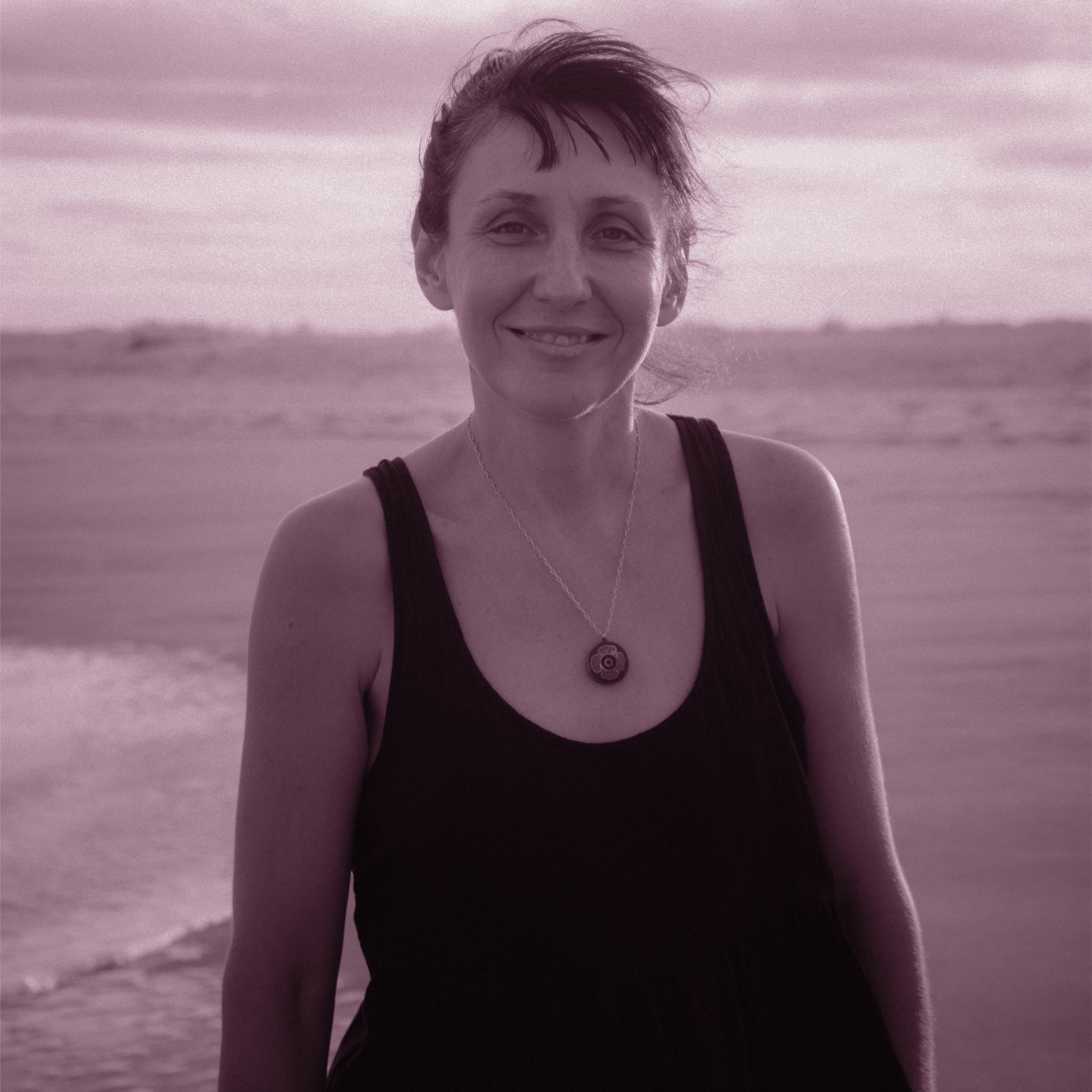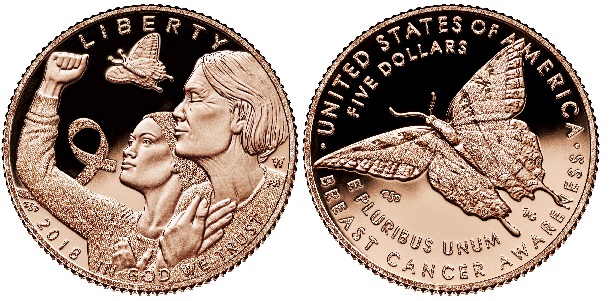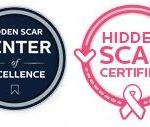Dr. Valerie Gorman at the Texas Breast Center has released a new article about the potential risk of breast cancer for transgender men, women, and non-binary people. In Pride Month, it has been noted that there are few studies and little research being done on the topic of how transitioning–the process of changing one’s physical gender characteristics to those of the gender one identifies with–can affect breast cancer risk.

While many trans and non-binary people choose not to transition, those that do should be made aware of what this process will mean for them beyond just the potential surgeries or hormonal treatment plan. For AFAB (assigned female at birth) trans men or non-binary people, this process can include top surgery as well as testosterone treatments. Both of these steps help to minimize risk of breast cancer, though they will not eliminate risk completely. AMAB (assigned male at birth) trans women and non-binary people will often receive estrogen and progesterone hormone therapy. These two hormones are known to increase the risk of breast cancer in cisgender (those who are not transgender) women when they produce it naturally or are treated with it during menopause.
Dr. Gorman concluded that “those with the highest risk of breast cancer are the general female population, with cisgender women having the highest risk of all. Trans women follow after, then the general male population, with cisgender males having the lowest risk of breast cancer.” So, while a trans woman may have grown up without knowing to do regular self-breast checks, after beginning to transition, she will now need to take extra care to do so, even if her risk may not be as high as a cisgender woman’s risk. And a trans man’s risk may drop during and after transition, but that does not mean he should completely dismiss self-breast checks.
Dr. Gorman and the team at Texas Breast Center hope to help keep everyone informed about their potential risk of breast cancer, as well as how to minimize said risk. Her goal is to give every patient a unique and personalized treatment plan.


